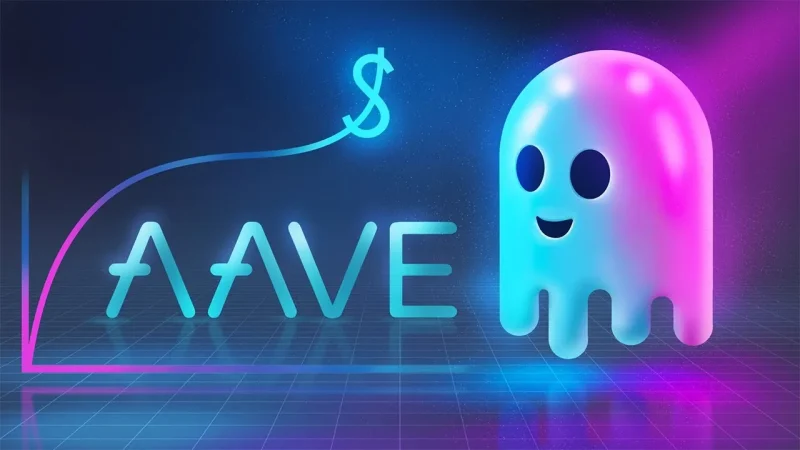Decentralized finance platform Aave Labs has reached a major regulatory breakthrough after securing approval under the European Union’s Markets in Crypto-Assets Regulation (MiCA). The authorization, issued in Ireland, allows Aave to run a regulated fiat-to-crypto bridge across the entire European Economic Area. This move positions the protocol to expand its presence in a fast-maturing European crypto landscape.
A Regulated Fiat On-Ramp for EEA Users
Ireland’s approval gives Aave the ability to launch its Push service, which lets users convert euro-denominated fiat into crypto within the Aave ecosystem. The milestone matters because MiCA aims to apply consistent compliance standards for crypto-asset service providers throughout the European Union.
Furthermore, the framework introduces strict rules for key players in the industry. These include:
- Transparency obligations for crypto-asset service providers
- Reserve and disclosure requirements for asset-referenced tokens and e-money tokens
- Unified authorization across Member States
- Clear operational expectations for platforms interacting with consumers
MiCA entered into force in June 2023 and became fully applicable on December 30, 2024, creating a structured environment for companies seeking long-term regulatory certainty.
A Turning Point for DeFi Regulation
Aave’s approval arrives as several high-profile crypto companies secure their own MiCA licenses. However, many of those approvals apply to exchanges, custodial platforms, or centralized intermediaries. Aave’s authorization stands out because it focuses on decentralized finance infrastructure.
Previously, analysts suggested that Aave’s lending and borrowing markets fell outside MiCA’s direct scope. However, this new regulatory nod signals that DeFi protocols may find clearer pathways into Europe’s regulated financial system. It also suggests that authorities are increasingly willing to assess decentralized models alongside traditional service providers.
What This Means for Europe’s DeFi Future
Aave’s MiCA license represents a meaningful step toward mainstream acceptance of decentralized finance across Europe. By regulating fiat-to-crypto access points, policymakers are opening the door for more institutions and retail users to participate in on-chain markets through compliant channels.
Legal experts note that the path forward will still require close attention. Member States may interpret specific MiCA provisions differently, and Level 2 and Level 3 standards continue to evolve. Nevertheless, Aave’s approval marks a turning point for DeFi platforms aiming to grow within regulated jurisdictions.
